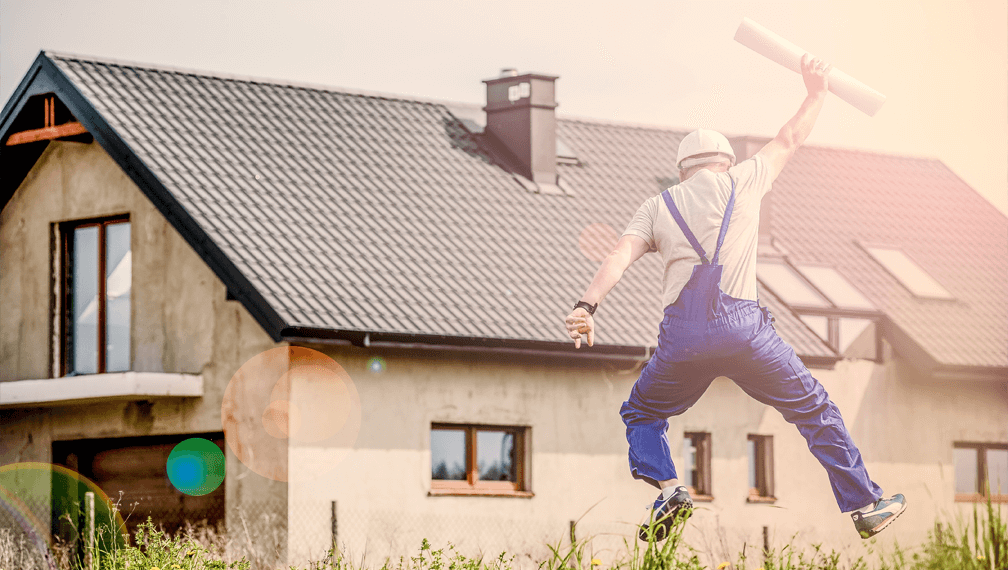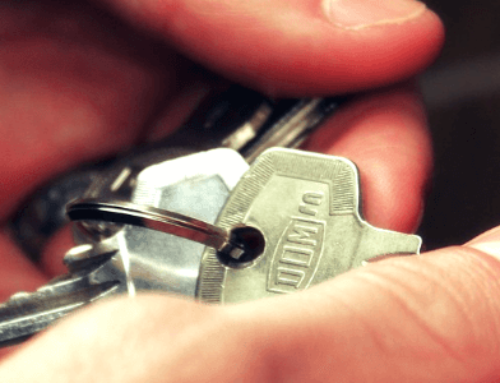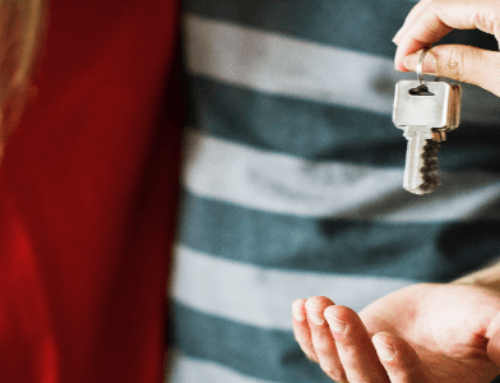So you’re thinking of building your own home. Or maybe you’ve had your mind made up for years now and you’re just about ready to get the ball rolling.
Why Build, Not Buy?
The benefits of building your own home are enormous. When you decide to build a house, it means that you get to play by your own rules and create exactly what you’ve dreamed of in all its domestic glory. You get to have your cake and eat it too. The perfect layout, the most attractive interior, the ideal garden, and you get to end up exactly where you want to live.
Building your own home means that you can bypass all the issues of finding possible defects hidden within a pre-existing home, and the hassle of having to spend thousands on renovating.
If this is your first home, then you will likely be eligible for a number of government grants and concessions that will also save you a ton of money. These financial incentives were brought about to motivate young Australians to get into the housing market, and there are indeed a fair number of initiatives that will give you a serious foot up.
The Benefits
Victoria provides a great deal of financial assistance to eligible first home buyers which can put you in quite an advantageous position when adding up all the costs:
The First Home Owners Grant gives newbies a handout of $10,000 within the inner city and suburbs of greater Melbourne, which increases to $20,000 if you’re looking to build in regional Victoria.
Concessions are available for owners who plan to live in their newly built home as their principal place of residence for a continuous duration of 12 months.
Stamp duty concessions are also supplied to owners with a family or for those wanting to purchase a house off the plan. You’ll also save money on standard costs since you’ll only be paying stamp duty for the cost of the land, not a pre-existing building.
Lastly, Since the process of building a property is generally staggered, you won’t be paying everything up front and will make your financial situation far more manageable.
Choosing the Right Builder
So once you’ve made the ultimate choice to build your own home, well now you’re going to want to find someone that can build it! So unless you’re a qualified builder that can knock up a 4-storey mansion with your eyes shut… you can’t really skip this bit.
Finding the right builder is going to mean the difference between running a smooth operation or pulling your hair out from all the stress that comes from shoddy building practices and low-grade work ethics.
Basically, you’re going to want a builder that you can rely upon, and someone trustworthy with a great deal of experience. This way you get that peace of mind and reassurance knowing that the process is going to proceed as it should.
And it a great idea to have what is known as Stage Inspections carried out by an independent private and Registered Building Inspector (like Building Masters Inspections) to ensure your builder or his team do not get away with any mistakes and to make sure you get the quality of home you signed up for.
Choose a home that fits your lifestyle
- What will the floorplan look like? Will the design of the house give you room to grow? Will it be able to accommodate new family members and pets?
- Do you want an open plan living space or something a little more closed?
- Do you want extra space for family or friends to stay when visiting?
- Do you need large areas to entertain? Both indoors and outdoors?
- What materials will you use to build? Think durability and economics first, then think in terms of aesthetics. For instance, if you’re going rural, you’ll want to prioritise fireproof building materials. Do some research – there are tons of very modern, affordable and unique materials around that cater to all types of housing designs.
Finding Land
Finding the perfect to spot to build on is going to be absolutely paramount if you want to secure your own little oasis to build your dream home on. There are a fair few considerations you’ll need to account for when choosing a block of land that’s right for you and your new home, all of which will help you to determine the best size and location to suit the type of home design you’re after.
Is the land good to go?
You’ll want to check the zoning and planning schemes with the local council if you’re thinking of purchasing a block within an established urban setting. Sometimes the fall or gradient of the land can make the building difficult
Don’t forget that before building, the land will need to be cleared and levelled out, so you’ll want to keep that in mind if you’ve got your eye on any land that has a steep incline
Also, unless you’re planning to live off-grid, your house will need to be connected to mains, so that you can enjoy the glorious benefits of water and power and plumbing – all of which will need to be done before you start building
Will the land suit your plans?
One important consideration here is going to be whether your intended house fits nicely onto your chosen land. If you plan on buying 5 acres, this will be less important, however, if you want to live inner city, start taking some measurements
Depending on the type of land you buy, certain housing designs will be more suited to more narrow blocks, whilst others would fit much wider spaces
Again, make sure you factor in the terrain when you plan on the type of house you’re planning to build on it
Orientation of the Land
I know I say this a lot, but this is a very important consideration to factor in here. Orientation will have a huge impact on the amount of natural lighting that you receive inside your home. “So what?”, Well, I’ll tell you what – Depending on the amount of natural light that hits your house, this will greatly affect how hot and cold your abode gets at certain times of the year. This, in turn, is going to determine how frequently you need to heat and cool your home, and essentially how much you’ll be forking out for energy bills.
Location, location, location!
Obviously, you’re going to want to enjoy living in the area you choose to build your house in. So what you’ll need to ask yourself now is what do you want and need within your surrounding location to suit your lifestyle and personal interests?
- Is there a good sense of community within the area? Do you think you’ll fit into it?
- Are there many modes of public transport nearby?
- How long will it take you to transit to and from work?
- How close is the nearest shopping centre?
- Are there schools and hospitals within a close enough distance?
- Are there many parks or playgrounds nearby?
- What does the area have planned in terms of infrastructure or community projects?
There’s clearly quite a bit you need to think about when it comes to the type of place you want to put your roots down, but this is one of the most exciting parts. Finding a place you feel like you belong and can grow into is one of the most satisfying elements of establishing your own home.
So there you have it. Are you feeling pumped and ready to create a masterful work of architectural magic that will make all your homely dreams come true? If so, then my job here is done.







Leave A Comment